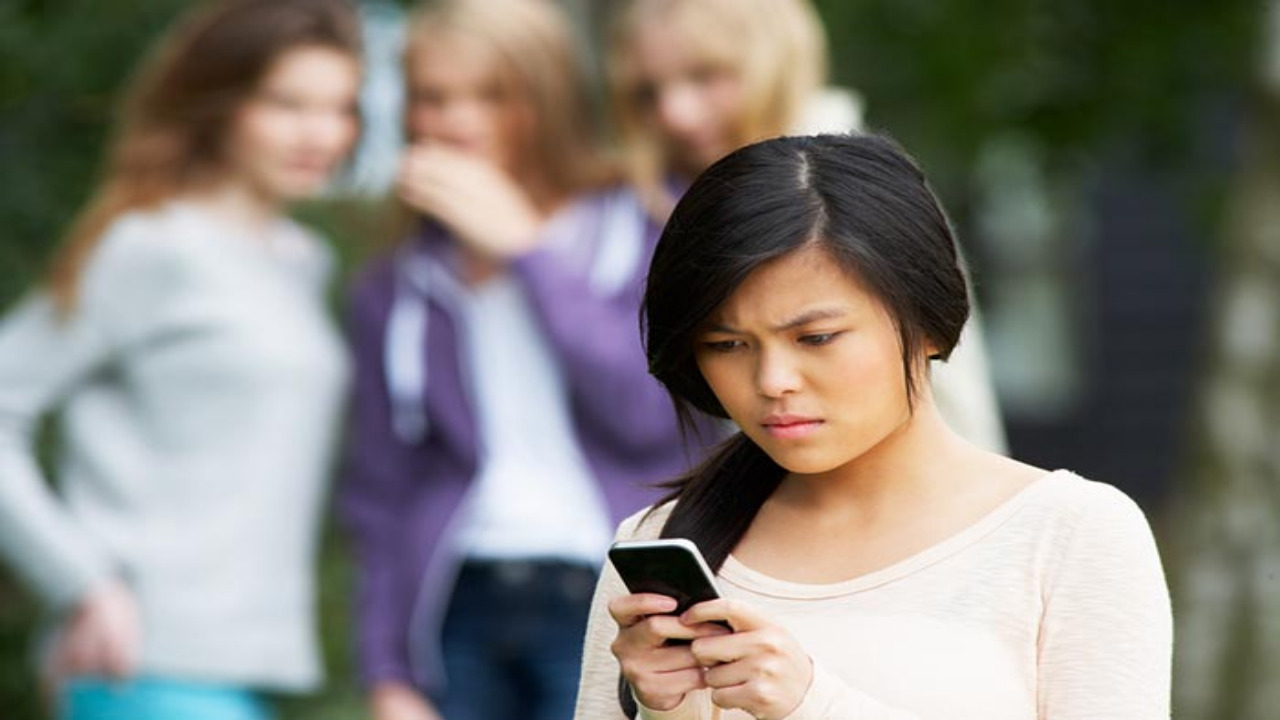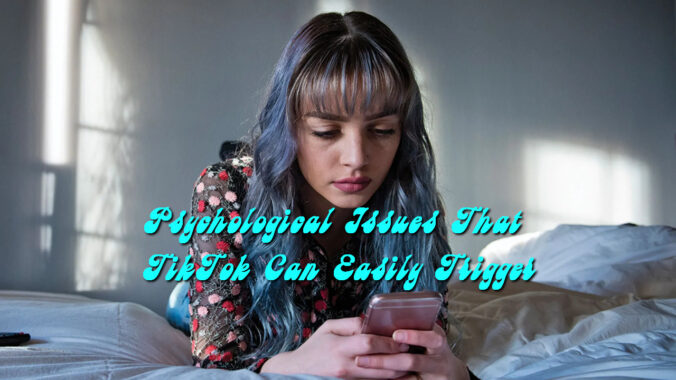In recent years, TikTok has emerged as one of the most popular social media platforms, captivating millions of users worldwide with its short-form videos and creative content. While TikTok offers a fun and entertaining space for sharing, it also carries the potential to trigger various psychological issues among its users. From comparison and self-esteem concerns to cyberbullying and addictive behavior, this article delves into the psychological challenges associated with TikTok.
Social Comparison and Self-Esteem

TikTok’s endless stream of carefully curated content often showcases the best aspects of users’ lives, leading to unrealistic standards for viewers. Constantly comparing themselves to others can fuel feelings of inadequacy and lower self-esteem and prompt people into buying TikTok comments to feel better. Users may perceive their lives as mundane or uninteresting in comparison to the seemingly glamorous and exciting lives portrayed on the platform.
Body Image and Beauty Ideals
TikTok’s emphasis on aesthetics and appearance can heavily impact body image perceptions, especially among impressionable young users. The proliferation of beauty filters, body-editing tools, and body-positive challenges can reinforce unrealistic beauty standards and trigger body dysmorphia and eating disorders.
Cyberbullying and Online Harassment

Like any social media platform, TikTok is not immune to cyberbullying. Users, especially teenagers, may become victims of online harassment, leading to emotional distress, anxiety, and even depression. The anonymity of the internet can embolden bullies, causing long-lasting psychological harm to their targets.
Fear of Missing Out (FOMO)
TikTok’s algorithm keeps users engaged for hours, fostering a sense of fear of missing out on exciting and viral trends. The constant need to stay connected and up-to-date can lead to sleep deprivation, anxiety, and a sense of inadequacy if one feels unable to keep up with the platform’s ever-changing trends.
Attention-Seeking Behavior
The quest for TikTok fame and validation through likes, comments, and shares can drive users to adopt attention-seeking behaviors. For some, this constant need for validation can lead to feelings of worthlessness if their content does not receive the desired attention, impacting their mental well-being.
Digital Addiction
The addictive nature of TikTok, similar to other social media platforms, can lead to compulsive usage and excessive screen time. This digital addiction can interfere with real-life relationships, work, and academic performance, causing psychological distress, withdrawal symptoms, and a sense of detachment from reality.
Desensitization to Violence and Disturbing Content
TikTok’s vast user base results in a diverse range of content, which can sometimes include violent or distressing material. Continuous exposure to such content can desensitize users and impact their emotional well-being, leading to desensitization to real-life issues and decreased empathy.
Excessive Self-Comparison and Perfectionism
The performative nature of TikTok encourages users to present their best selves and most curated content. As a result, some individuals may feel pressured to present a perfect image, leading to anxiety and a constant drive for external validation.
Isolation and Social Withdrawal
Paradoxically, despite being a social platform, excessive use of TikTok can lead to social withdrawal and isolation. Users may become engrossed in their virtual world, neglecting real-life relationships and experiences, which can have detrimental effects on their mental health.
Conclusion
TikTok’s widespread popularity and innovative content delivery have undoubtedly revolutionized the way people engage with social media. However, it is essential to recognize the psychological issues that this platform can easily trigger. As users, it’s crucial to be aware of these potential challenges and practice healthy online habits. Likewise, developers and platforms should take steps to promote mental well-being, provide resources for users facing psychological distress, and create a safer and more responsible digital environment for everyone.




